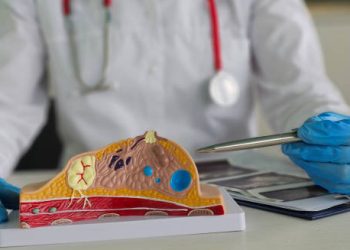Causes and Risk Factors of Antisocial Personality Disorder
Antisocial Personality Disorder does not have a single cause. Rather, it results from a complex interplay of biological, environmental, and psychological factors, often rooted in early life experiences Read more about causes and risk factors of antisocial personality disorder below.
1. Genetic Factors
- There is evidence of a heritable component to ASPD.
- Individuals with a family history of personality disorders, substance abuse, or mood disorders are at higher risk.
2. Neurological Factors
- Abnormalities in areas of the brain that regulate impulse control, aggression, and empathy, such as the prefrontal cortex, may contribute.
- Studies show altered serotonin and dopamine function in some individuals with ASPD.
3. Childhood Environment
- Neglect, abuse, or inconsistent parenting are major risk factors.
- Growing up in a household with violence, addiction, or criminal behaviour increases risk.
4. Conduct Disorder in Childhood
- Most adults with ASPD show signs of conduct disorder before age 15, including cruelty to animals, theft, truancy, or fire-setting.
5. Sociocultural Factors
- Environments with poverty, crime, or community violence may normalise antisocial behaviours.
- Poor access to mental health services may delay diagnosis or intervention.
In South Africa and other regions with high levels of social inequality and trauma, early childhood adversity may increase the risk of developing ASPD. However, not everyone exposed to such environments develops the disorder.
Understanding these risk factors highlights the importance of early intervention and family-based support.
👉 [Next: Diagnosis of Antisocial Personality Disorder]
Treatment of Childhood Cataracts
Antisocial Personality Disorder


